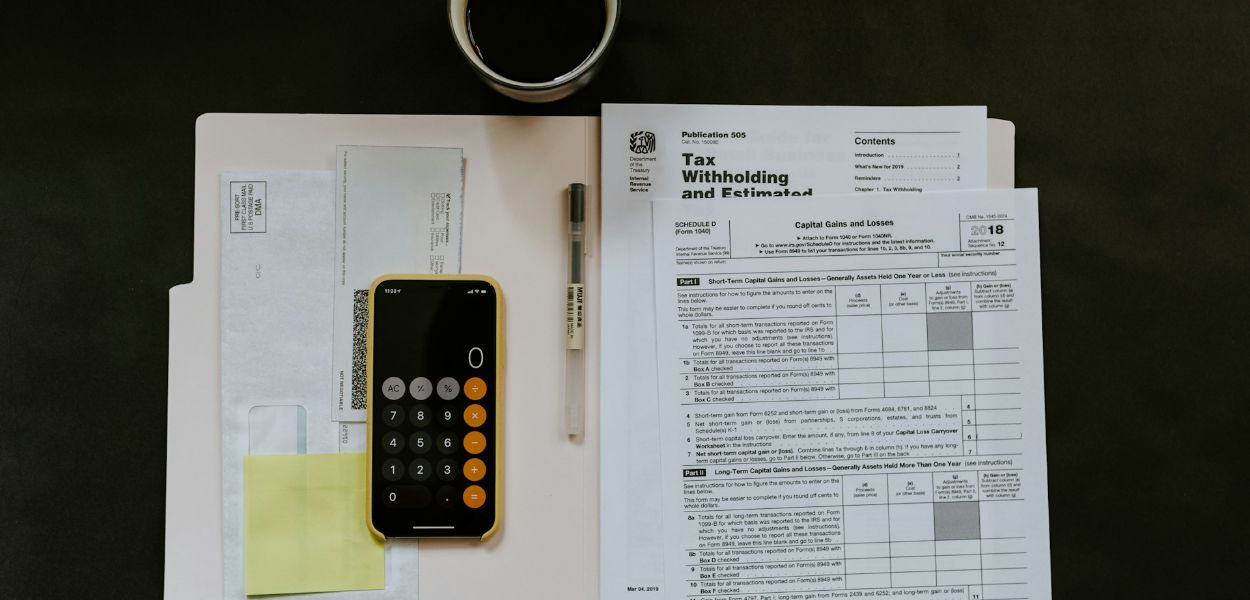Budget Management: The Key to Securing Your Financial Future
Financial stability is one of the most important elements for long-term success and peace. The way to do this is through effective budget management. Budget management allows you to control your personal financial situation, use your money more wisely, and achieve your long-term goals. So what is a budget and why is it so important? Let's examine budget management step by step and discover what you need to do to secure your financial future.
1. What is a Budget?
A budget is a financial plan that determines how an individual or family will use their money by planning their income and expenses. A budget is simply a roadmap that predicts how you will distribute your income and manage your expenses. Managing your budget effectively is not just about restricting your expenses; it also allows you to direct your money towards your future goals.
2. Why Should You Manage Your Budget?
Effective budget management is one of the cornerstones of your financial health. The following reasons highlight the importance of making a budget and following it regularly:
- Take Control: Budget management helps you control where your money goes. By tracking how your income is spent, you can identify unnecessary expenses and increase your savings.
- Achieving Financial Goals: If you have long-term goals such as buying a house, going on vacation, or saving for retirement, good budget management is the most effective way to achieve these goals. By correctly establishing your income-expense balance, you can determine how much you can allocate for these goals.
- Being Prepared for Unexpected Situations: Life can be full of unexpected expenses. In cases such as health problems, job loss, or major repairs, you can only understand whether your savings are sufficient with a regular budget.
- Getting Rid of Debt: Budget management allows you to control your debts and pay them off more quickly. By regularly reviewing your budget, you can plan how you can restructure your debts and how much you can pay.

3. Steps of Budget Management
There are certain steps that need to be followed for effective budget management. These steps allow you to balance your income and expenses by considering your financial goals.
a. Determine Your Income
The first step of budget management is to accurately determine your monthly net income. This should include your salary, additional income, or other regular income sources. Knowing your income accurately is necessary to determine how much you can spend and how much you can save.
b. List Fixed and Variable Expenses
After determining your income, you should divide your expenses into two main categories: fixed and variable expenses.
- Fixed Expenses: These are expenses that you pay regularly every month. Expenses such as rent, mortgage, insurance premiums, and internet bills fall into this category.
- Variable Expenses: These are expenses that can change on a monthly basis. Expenses such as grocery shopping, transportation, entertainment expenses, and restaurant expenses are in this group.
Listing both types of expenses clearly will help you spot unnecessary expenses and find ways to reduce costs.
c. Set and Prioritize Goals
Setting specific financial goals when making your budget will help you manage your expenses. Determine how much you need to save for your short-term goals (saving, paying off debt) and your long-term goals (buying a house, retirement). Prioritizing your goals will help you understand which goal you should focus on more.
d. Review Your Spending
It is important to review your spending after a certain period of time. Compare your planned budget with your actual spending and see what deviations there are in your budget. This step will make it easier to make budget adjustments in the future and give you a clear path to reach your financial goals.
4. Strategies to Use in Budget Management
There are some strategies you can implement to be successful in budget management. Here are some basic strategies to guide you:
- 50/30/20 Rule: According to this popular budget management rule, 50% of your income should be allocated to essential needs, 30% to discretionary spending, and 20% to savings or debt payments. This balance will help you gain financial discipline.
- Create an Emergency Fund: You should always have an emergency fund ready for unexpected expenses. This fund should generally include savings that will cover 3-6 months of your living expenses.
- Cut Down on Unnecessary Expenses: Categorize your expenses to identify unnecessary ones and save in these areas. For example, instead of eating out, you can choose to cook at home.

5. Budget Management and Digital Tools
Today, digital budget management tools allow you to track your financial situation more easily. Platforms like Finans Takibi allow you to regularly record, analyze, and create reports on your income and expenses. In this way, managing your budget and considering your financial goals becomes much simpler.
Budget management is the cornerstone of your financial health. Controlling your income and expenses not only regulates your current expenses but also guides you toward achieving your future financial goals. Creating a budget plan and following it regularly is the key to achieving big financial successes in small steps.
With effective budget management, you can get one step closer to financial freedom and take control of your money. Remember, your budget provides you with financial security and prepares you for future uncertainties.
Invest in your future, and manage your financial situation. Make your life easier with Finans Takibi!
Best regards,
FreeMind Software